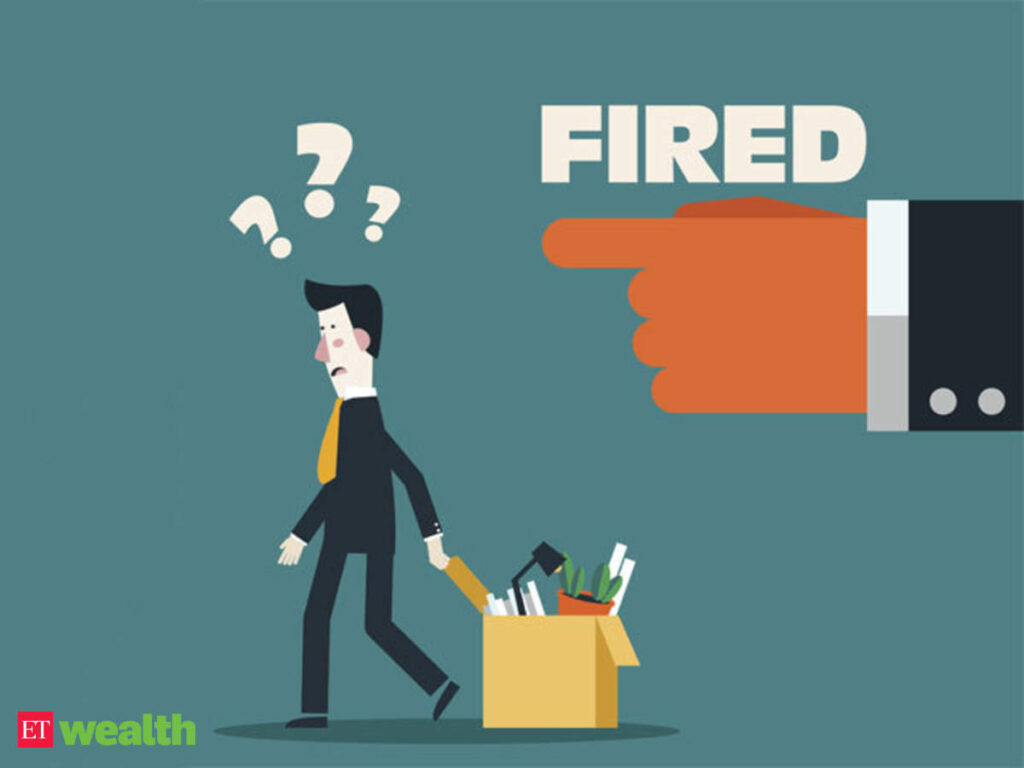Losing jobs
The advent of self-driving cars is a technological milestone that comes with its pros and cons (Yin 01). While this would be seen as a step forward in the realization of a more efficient world, the opponents of these technological advancements have cited a massive replacement of human labor that would, thereby rendering many people jobless and significantly affect the economy (Peng 01). Thousands of people, who are employed in the transport sector like the taxi and car hire businesses, would feel most threatened since this technology presents a whole new development that renders their services outdated.
The rollout of the automated vehicles to the transport sector is considered untimely since it does not provide alternative employment to the many drivers whose jobs are at stake. The job loss is quite extensive since it is felt by both the drivers and the people working at the driving schools, including the publishers of the driving manuals (Sippel 716). The techno-intensive transport system means that all the people who depended on the already existing labor intensive transport system must find alternative jobs in other sectors. This poses a great risk, thereby eliciting major resistance from this sector.

The self-driving cars are fully computerized and also reduce the demand for labor-intensive services and repair, since most of the servicing would be computerized and can only be offered by very few mechanics and technicians, who are conversant with the new technology (Peng 01). The newly introduced techno-based system would absorb significantly fewer people, thereby rendering many people jobless.
Since technology is not accessible to everyone, many people would lose jobs, given that the demand for manual skills would be highly reduced as people will be shifting to the automated modes of transport (Yin 01). These fears would lead to a great resistance to this technology and delay its full rollout in many regions.
Economic loss/Gain

With the loss of jobs associated with the introduction of self-drive cars, there is an associated negative economic impact that is would primarily be felt by the people working in the transport sector, and to the larger community. The car dealers who are stocking the existing cars will lose quite significantly as they struggle to adjust to the manufacture and distribution of the newly demanded self-drive cars (Peng 01). The cost involved in the transition to the production and use of the self-drive cars would lead to a significant economic loss to the car manufactures, since the new technology would mean that the manufactures abandon the currently used technology and acquire newer equipment, tools and train their workforce to prepare them for the new developments.
Targeted Crimes
Owning a self-drive car would make one stand out within their communities and this would expose such people to criminal gangs who would always plan to harm or rob them. Such exposure puts people‘s lives at risk and make them become vulnerable to violent crimes (Sippel 716). Ownership of the self drive cars would also alert people of the rich members of their societies and this would make them become the most targeted groups in their communities. Increased job lose due to the introduction of the self drive cars would mean that the many people who have been rendered jobless would end up in violent crimes as a means of livelihood and as an expression of their dissatisfaction with the sudden shift to self-drive cars.

In conclusion, resistance from the public for self-driving cars is anchored on the economic disruptions associated with it. While people would love to be associated with advanced technology, the technological advancement must compliment their income, their means of livelihood, and resonate with the common good of the public, for it to be accepted wholesomely.


